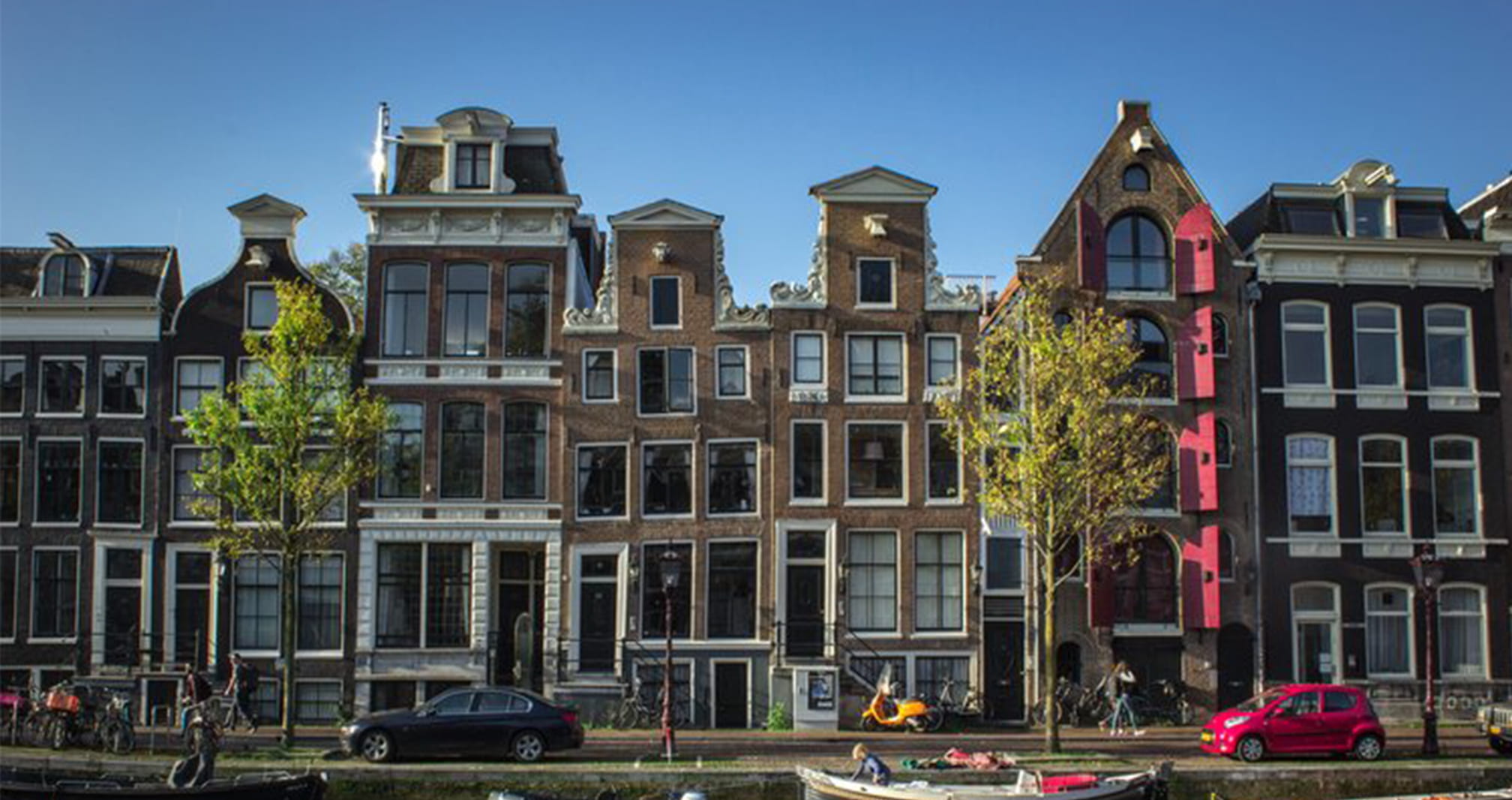News
4 minute read
Possible mismanagement at Funda
-
Marc van Rijswijk
- attorney-at-law | partner

This blog was written by Marc van Rijswijk and Mariam Evadgian, attorneys-at-law at Stonewater in Amsterdam. The blog relates to ECLI:NL:GHAMS:2022:302. Reading time 7 minutes.
1. PREFACE
Funda is the best-known and largest online housing platform in the Netherlands. It has millions of visitors per month, but behind the doors the shareholders are at odds with each other. This led to a case before the Enterprise Chamber in Amsterdam. According to a group of depositary receipt holders, there is mismanagement for which the major shareholder NVM (the Dutch Association of Real Estate Agents) is responsible. The Enterprise Chamber awarded the request for an inquiry by ruling that there are reasons to doubt the correctness of Funda’s policies and affairs. It therefore ordered an inquiry into the policies and affairs of Funda at the beginning of this year.
2. WHAT IS GOING ON?
Funda was found in 2000 at NVM’s initiative. It wanted to create the largest online housing platform in the Netherlands and for that purpose it incorporated a new company. With its (indirect) 90% of the voting rights, NVM is a major shareholder of the company of the same name through which Funda is operated. The remaining 10% of the voting rights is held by Stichting Administratiekantoor Funda, in which several individual brokers are united as depositary receipts holders.
The NVM has achieved its goal and Funda has built a strong market position over the years. In order to maintain this market position, a group of depositary receipt holders believes that Funda should generate more income by, for example, also providing other services to consumers. The NVM does not agree with this strategy. It fears competition, as some of the NVM members already provide the same services to consumers themselves. The group of depositary receipt holders is also interested in a sale, which the NVM is not. Due to the success of Funda, several investors have expressed their interest in the company. The group of depositary receipt holders wants to profit from the value development and to that end, among other things, they want to realize an amendment to the articles of association so that the tradability of the depositary receipts will be extended. NVM, on the other hand, wants to increase its control over Funda and retain its majority interest.
After twenty years, the vision of depositary receipt holders and that of the NVM have thus started to differ. The group of depositary receipt holders believes that the NVM structurally puts the business interests of Funda and the interests of the depositary receipt holders behind the interests of the NVM and its members. According to the group of depositary receipt holders, the NVM enforces a wrong strategy and policy for Funda. In its opinion, this hinders the success of the company and has a value-depressing effect.
Because there has been a disagreement since 2016, the group of depositary receipt holders has had enough. In short, it believes that the NVM is not sufficiently careful and proactive in reaching a decision on the future of Funda. Reason enough to doubt the correctness of Funda’s policies and affairs, according to this group depositary receipt holders. What did the Enterprise Chamber rule?
3. THE DECISION OF THE ENTERPRISE CHAMBER
In its assessment, the Enterprise Chamber examines the task of the board on the one hand and the extent to which shareholders are allowed to pursue their own interests on the other.
The main rule is that the management board (of in this case Funda) determines the company's strategy. In doing so, it has to be guided by the company's interest and its affiliated enterprise. When a company is part of a group, this corporate interest is partly determined by the interest of the group. The Enterprise Chamber therefore first assessed whether Funda and the NVM form an economic entity in which they are organizationally connected. According to the Enterprise Chamber, this is not the case. The board of Funda is therefore in principle obliged to put Funda's corporate interest first.
The corporate interest is – since a business is carried on with Funda's company – determined by promoting the continued success of the company. Because the board has to exercise due care in this regard towards everyone involved in the company and its business, it must therefore take due account of the wishes and interests of NVM as a major shareholder in its policy.
Without the cooperation of the shareholders, the board does not get very far at all, as is also apparent. The board has to be accountable to the general meeting of shareholders (GM). Subsequently, the GM can express its view on the policy by exercising its rights arising from the law and the articles of association. In doing so, in principle the shareholders may take their own interests as a guideline, although they may not completely disregard the interests of the company. Furthermore, pursuant to the principles of reasonableness and fairness of Article 2:8 of the Dutch Civil Code, a major shareholder has a due care obligation towards a minority shareholder. This duty of care also extents to depository receipt holders.
The Enterprise Chamber ruled that in the given circumstances the reasonableness and fairness implies that the NVM, based on its duty of care, kept the depositary receipt holders too long in the dark about the future of the shareholder’s structure, the position of Funda and possible exit by depositary receipt holders. The Enterprise Chamber also takes into account the fact that the success of Funda is partly due to the financing by the depositary receipt holders who currently have no real exit option, while there is serious interest from investors.
With uncertainty about the future already existing within Funda since 2016, the Enterprise Chamber finds it sufficiently plausible that this is an obstacle to Funda's continued success. On this basis, it rules that there are good reasons to doubt the correctness of Funda’s policies and affairs that justifies an inquiry.
4. CONCLUSION
In conclusion, the NVM as major shareholder has to find a balance between the partly contradictory interests within Funda. A major shareholder has a certain influence on the strategy of the company and in principle has the freedom to pursue its own interest. However, reasonableness and fairness imply that the major shareholder at the same time has a duty of care towards the minority shareholder. In the present case this means that NVM, as major shareholder, is obliged to take a decisions about the future of the company at a certain moment and may not leave the minority shareholder in uncertainty for too long. Not taking a decision for too long can thus lead to doubt about the correctness of the policies and affairs of a company and the Enterprise Chamber ruled accordingly.





